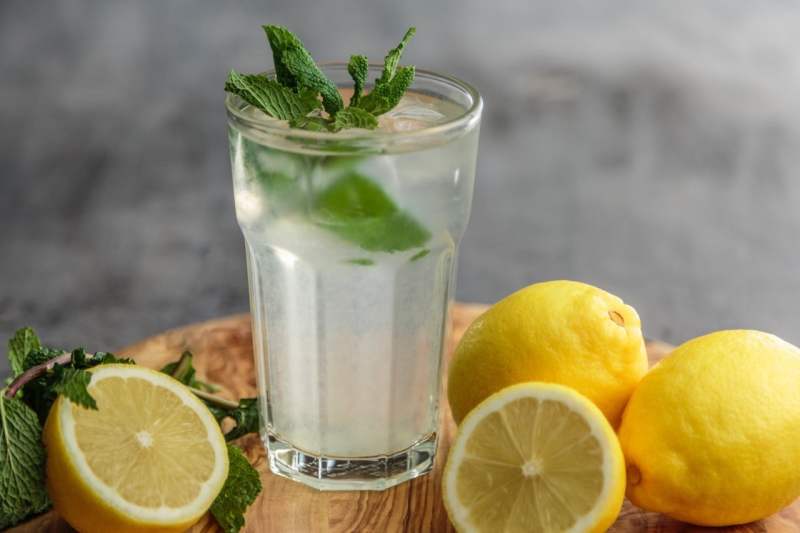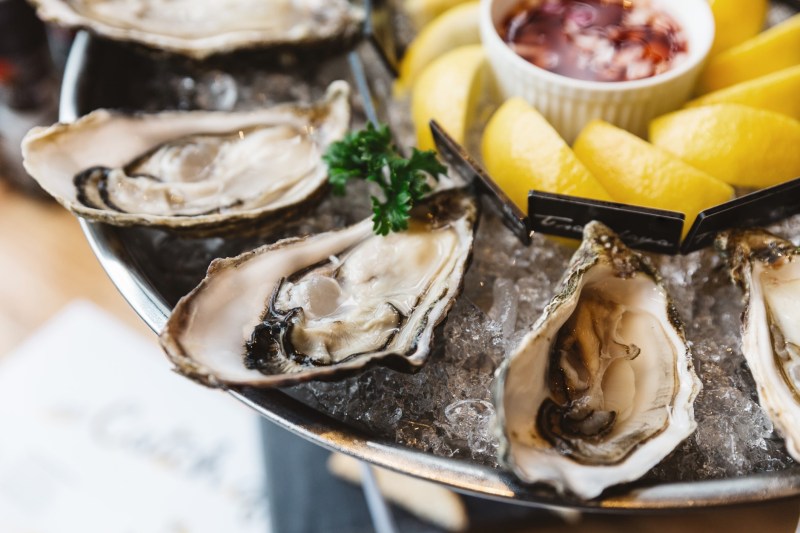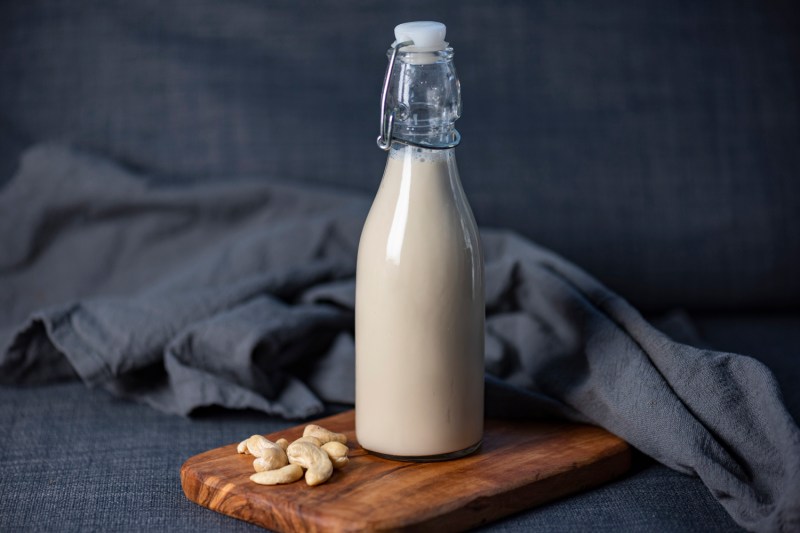Copper naturally occurs in many foods and is essential to helping your body function properly. You can find it in certain meats, fruits, and vegetables. It’s even in some drinking water. Copper enables you to produce energy, maintain strong blood vessels, and stay healthy with a functioning immune system. You can take copper as a supplement or take a multivitamin with the amount you need daily.
What is copper?

Copper is an essential mineral. Your body needs small amounts of copper every day to process cholesterol and stay healthy. Copper is part of how you get healthy bones, red blood cells, and needed tissue connecting bones. You also need copper for enzymes, and, for pregnant women, copper keeps your growing baby healthy, too. Since the body cannot create copper on its own, you must find copper from vitamins or food sources.
How much copper do you need?

How much copper you need depends on a few factors. If you’re a grown man aged 20 and older, you should get 1,400 mcg of copper every day. That amount goes down to 1,100 mcg for women and children. If you’re pregnant or breastfeeding, be sure to talk to your doctor. But typically, you should get more copper, between 1 and 1.3 mg daily.
Fortunately, most healthy bodies will simply excrete any copper you don’t need, so it’s rare to overdose on copper. However, please see a doctor if you get stomach aches, dry mouth, or diarrhea.
What are the benefits of copper?

Since your body cannot manufacture copper on its own, eating a balanced diet with enough copper is essential. That’s the best way to get copper into your system. The older you get, the more copper you need. Here’s why:
1. Copper boosts your immune system
Without a healthy immune system, your body won’t be able to defend itself against diseases or illnesses. Copper also serves as an antioxidant. This means that copper binds itself to free radicals in your body and protects healthy cells from being harmed. Too many free radicals can speed up the aging process, which worsens if you don’t exercise enough. Antioxidants like copper help lower those amounts, and with them, the risk of arthritis, diabetes, and heart ailments goes down.
2. Copper helps maintain tissue
Your body needs connective tissue so that your tendons, ligaments, and heart function properly. This requires specific kinds of enzymes. The same enzymes also work hard within your circulatory system strengthening blood vessels and the structures they use to get around. You also use enzymes when building strong bones.
3. Copper is good for your brain
No organ in your body uses as much copper as your brain. It’s a required mineral for your neurological functioning to work the way it’s supposed to. For example, high levels of copper in your brain ensure oxygen is received, and free radicals do less damage. Thanks to how copper interacts with your cognitive development, you’ll enjoy a healthier nervous system and more energy. You also react better to stress.
7 foods high in copper

1. Organ meats
Organ meats such as beef liver contain more copper than any other kind of food. You can braise or fry liver; either is effective at maintaining the copper levels, and enjoy about 16,070 mcg per 4-ounce serving. This is almost 20 times your daily recommended value. So only eat beef liver for dinner once a week.
You can also eat chicken liver for a bit less copper. However, at 566 mcg, it’s still around 62% of your daily value.
A popular way to eat liver is with onions and ketchup. You can also cook it with mushrooms, burgers, or as an ingredient in chili or stews. Keep in mind that liver comes with a high amount of vitamin A, and too much can harm unborn babies.
2. Wheat-bran cereals
Wheat-bran cereals come fortified with copper and can supplement your diet if you don’t eat liver. This is especially helpful for vegetarians or vegans. These cereals also contain a good amount of fiber, which makes your stool bulkier and easier to pass. This will help you avoid being constipated and enjoy better digestive health in general.
Additionally, you can enjoy wheat-bran cereals with regular milk and almond or oat milk to aid digestion and feel less bloating or discomfort. Finally, chop up bananas for added flavor and as an additional source of copper.
3. Dark chocolate
Keep an eye on sugar and calories when it comes to chocolate, but dark chocolate has some health benefits. One great advantage is that it comes packed with copper. A bar containing about 70-85% dark chocolate will give you 1,766 mcg of copper. Bars with only 60-69% dark chocolate have less copper at 1,248 mcg. The darker, the better.
4. Lemons
Lemons contain a lot of copper and fiber, vitamin C, and other health benefits. Adding lemons to water and other drinks, as well as certain meals or desserts, may also make you feel fuller than usual, and therefore you may eat less. Enjoy less risk of heart disease, fewer kidney stones, improved digestion, and some protection against cancer.
5. Bananas
Bananas benefit your diet for many reasons, including adding potassium, copper, and iron. People can treat anemia, cramps in their feet, and other ailments. Simply add bananas to smoothies, cereals, and peanut butter sandwiches, or eat them plain. By increasing your copper intake, you increase red blood cells. This also prevents anemia and improves circulation.
6. Shellfish
Do you enjoy oysters and lobster? Good news! Steamed or smoked oysters contain a whopping 4,800 mcg per 100-gram serving. Lobsters, big shellfish creatures that live on the seabed floor, also have a high amount of copper.
Most seafood will give you a good amount of copper, but shellfish has more. For example, the cooked crab has around 663 mcg, and smoked salmon will add 228 mcg of copper to your diet.
7. Cashews
If your diet needs more copper and you can’t eat shellfish and don’t enjoy liver, then grab a handful of nuts, like cashews, and get close to what you need for the whole day. You can eat cashews raw for about 622 mcg per ounce. Add them to trail mix, recipes or use them as a base for certain cheeses, dips, or spreads. They also add a ton of flavor to bread and casseroles.
High-copper meal you need to try
This meal can convert even the most anti-liver eater into a believer. With just this meal, you’ll satisfy more than the copper you need for several days.
The ingredients include:
- Beef liver, sliced, 2 pounds
- Milk, as needed, or 1 ½ cups
- Butter, divided, ¼ cup
- 2 Vidalia onions, large and sliced into rings
- All-purpose flour, 2 cups or as needed
- Salt and pepper as needed
Instructions
- Carefully rinse the liver under cold water and put it in a medium bowl. Cover with milk. Put aside for two hours and slice onions while you wait.
- Melt two tablespoons of the butter in a large pan over medium heat.
- Separate the onion rings and saute them until they’re soft. This usually takes three to five minutes. Then remove the onions from the heat and melt the remaining butter.
- Season the flour with as much salt and pepper as you like. Then put that into a small dish or plate.
- Drain the milk from your liver, and coat each slice with the flour mixture.
- After your butter melts, increase the heat to medium-high. Then put the coated liver slices into the pan. Cook until they’re brown, then turn them over until the opposite side is brown.
- Then add the onions, and lower the heat to medium. Cook as long as you like depending on whether you want pinkness inside or a more well-done liver.
Serve with steamed shiitake mushrooms for a delicious, copper-filled side dish. Enjoy!



